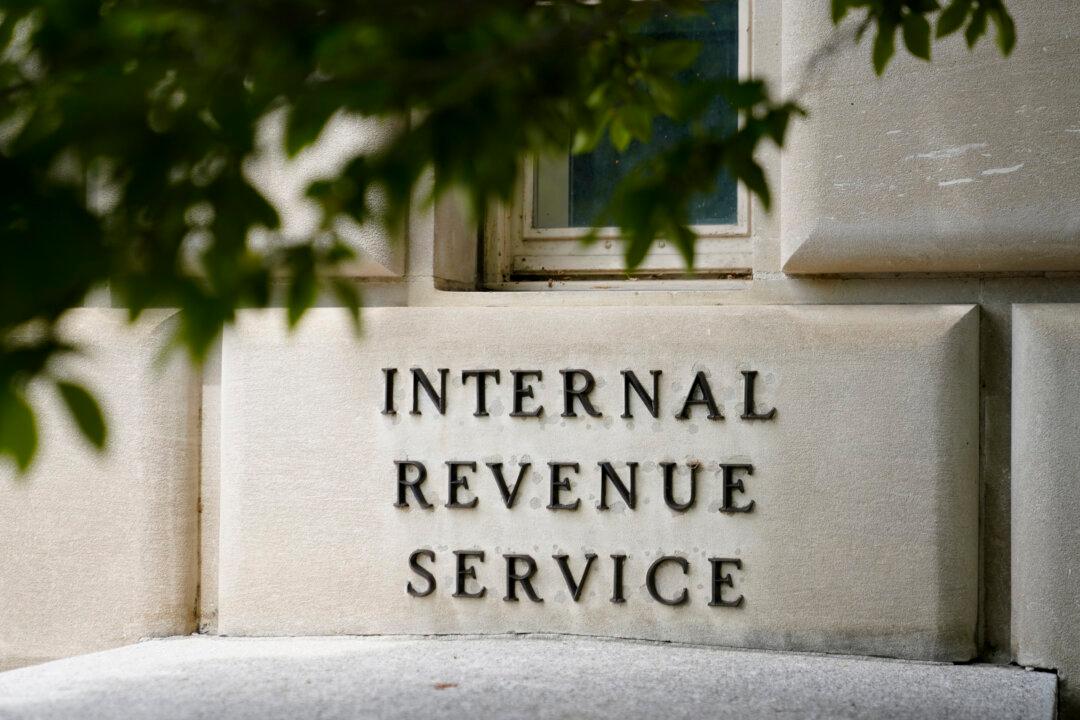Danny Werfel, chief of the U.S. Internal Revenue Service (IRS), said the agency was going after wealthy individuals evading the paying of tax dues, adding that this ensures other ordinary taxpayers wouldn’t be “shouldering the burden of funding our government.”
“In the enforcement space, what we’re really focused on is complex filers, the wealthiest filers in the United States, the largest partnerships, the largest corporations,” Mr. Werfel said during n a March 20 interview with the Associated Press. “And in that space, we’re working to distinguish between those taxpayers that are doing the right thing and those that are doing the wrong thing, and then we’re focusing on those that are doing the wrong thing.”





